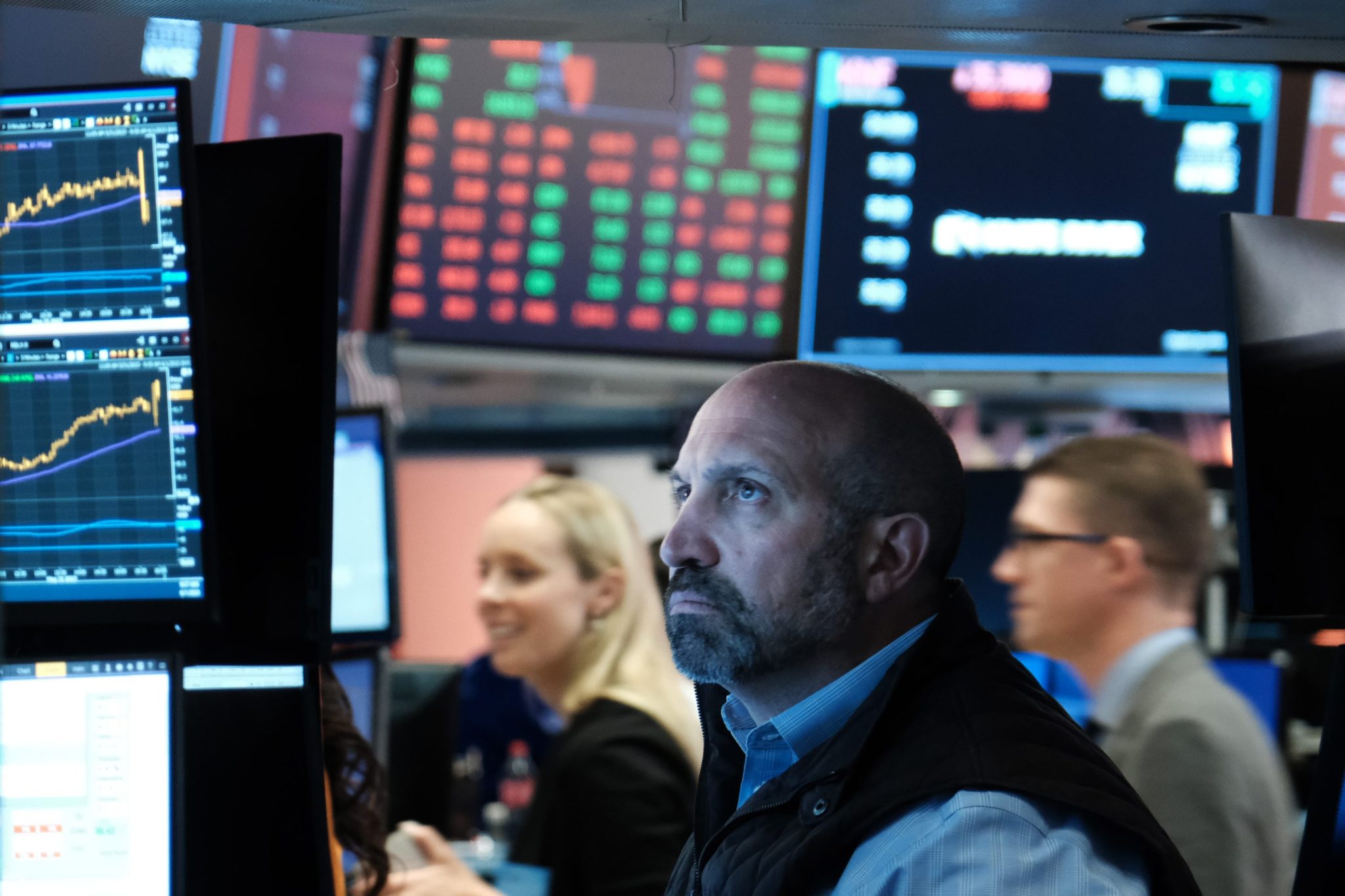Tech Analyst Predicts AI “Gold Rush” to Heat Up Tech Stocks in the Second Half of 2023

Artificial intelligence (AI) has become a hot topic in the tech industry, fueling both excitement and concerns about its impact on various aspects of society. While experts hold divided opinions on the influence of AI on stocks, jobs, and the global economy, one tech analyst, Dan Ives from Wedbush, remains bullish on the potential of AI as a significant investment opportunity. In a note to clients, Ives stated that the AI “Gold Rush” would lead to a surge in tech stocks in the second half of 2023, comparing it to a transformative “Internet Moment” rather than a speculative bubble.
AI’s Transformative Impact:
Ives believes that AI has fundamentally altered the tech landscape and investor sentiment. He draws parallels between the current AI hype and the “1995 Internet Moment,” referring to the emergence of the internet and its subsequent impact on markets. However, Ives asserts that the current AI revolution, which he believes is underestimated by the industry, marks the beginning of a fourth industrial revolution within the tech sector. In an interview with CNBC, he emphasized that this is not merely a hype cycle but a substantial and long-lasting transformation.
Projected Growth and Industry Focus:
Wedbush projects that by 2024, AI could account for up to 10% of overall IT budgets, a significant increase from the estimated 1% in 2023. Ives predicts that software-based AI spending will become a primary focus for Chief Information Officers (CIOs) globally. He expects a strong second half of 2023 for the tech sector, driven by the AI revolution coupled with a stabilizing IT spending environment. Although concerns over tech valuations and macroeconomic uncertainties persist, Ives foresees a new tech bull market in the coming years.
Companies Set to Benefit:
Ives identifies several companies poised to make substantial investments in AI and reap the benefits of this immense monetization opportunity. Among them, Microsoft and Nvidia are highlighted as market leaders in the AI race. Ives expects a prolonged battle among various tech companies, including Oracle, Amazon, Salesforce, Palantir, MongoDB, Apple, IBM, Meta, Adobe, Snowflake, C3.ai, and others, all collectively spending billions on AI in the years to come. Microsoft, in particular, is viewed as well-positioned to gain market share in the cloud sector, expanding its total addressable market.
Differing Investor Perspectives:
While Ives’ bullish outlook aligns with the excitement surrounding AI, not all investors share the same sentiment. Some investors, like hedge fund billionaire Ken Griffin, caution against spreading excessive hype around AI and emphasize the need for a balanced approach. ARK Invest’s Cathie Wood believes that certain stocks, such as Nvidia, may be overpriced due to the AI frenzy. Veteran investor James Penny draws comparisons to the dotcom era and raises concerns about potential parallels between AI hype and the market bubble of that time.
Debate on AI’s Impact:
The impact of AI on humanity remains a subject of debate among business leaders, technologists, and AI experts. While 42% of CEOs surveyed at the Yale CEO Summit believe AI could pose a threat to humanity within the next five to ten years, opinions within the AI research community are divided. Some prominent technologists, including Elon Musk and Steve Wozniak, have called for cautious development of powerful AI systems, while others dismiss the notion that AI will lead to humanity’s downfall. The conversation surrounding AI’s potential consequences continues to evolve.
Conclusion:
The growing AI “Gold Rush” has captivated the tech industry, leading to heated discussions about its impact on stocks, jobs, and the global economy. Dan Ives, a tech analyst at Wedbush, remains optimistic, viewing the AI revolution as a transformative force that will drive the tech sector’s growth in the second half of 2023 and beyond. While divergent perspectives exist among investors and experts, the excitement surrounding AI continues to shape investment strategies and fuel discussions about the potential risks and rewards associated with this rapidly advancing technology.



